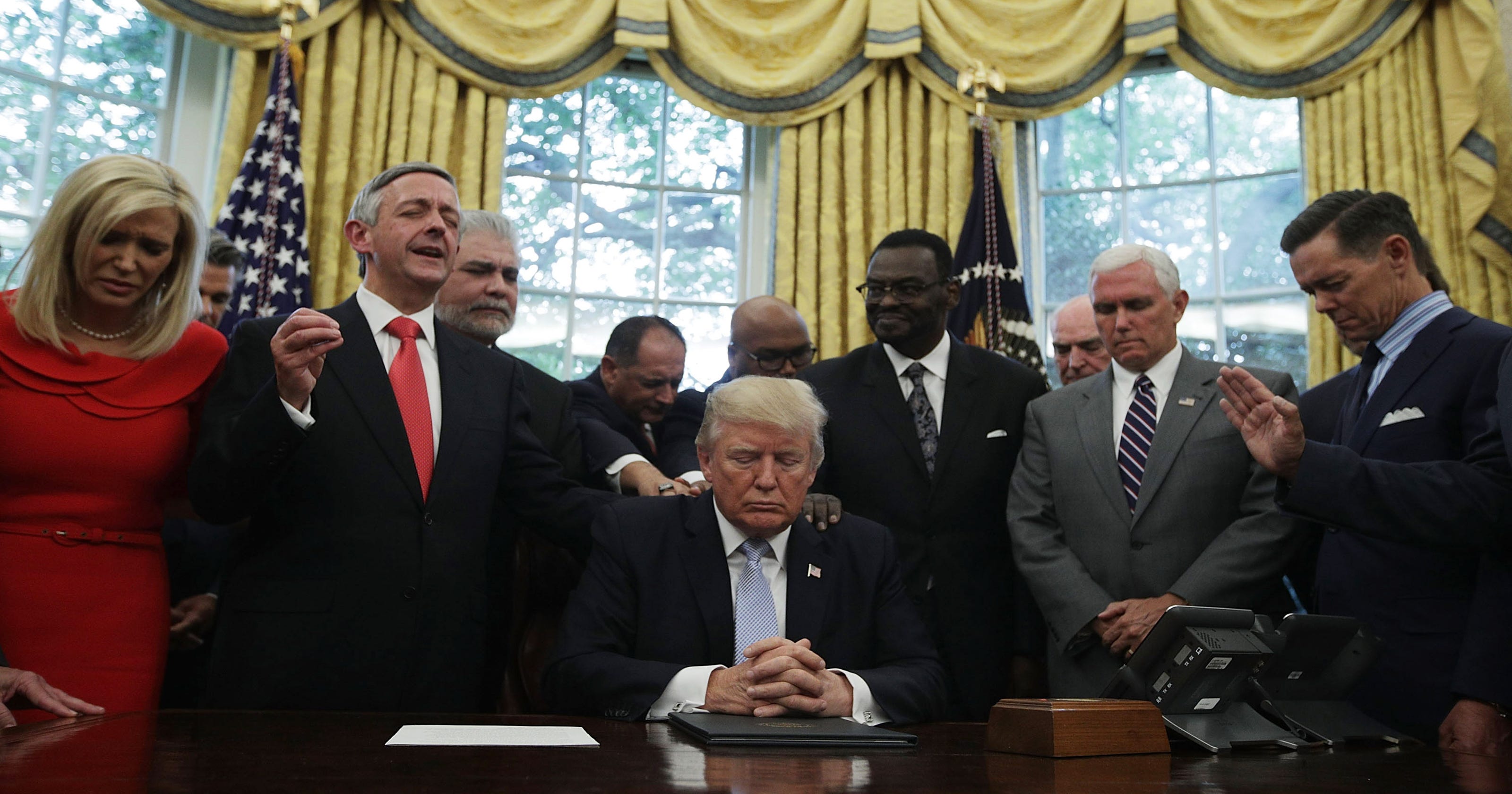You need to go read the Peirce Creek case again.
You can read it yourself,
here. The entire logic of the decision would make zero sense if one begins with the assumption that the Establishment Clause forbids the taxing of churches. It would be impossible under such a reading of the clause for any
bona fide church (to use the language of the decision, pp. 6-8) to lose tax exempt status.
"Plaintiffs argue that the IRS has no statutory authority to revoke the Section 501(c)(3) status of a church unless it determines that the church is not a bona fide church. It is undisputed by the parties that the Church at Pierce Creek is a bona fide church, and the IRS does not argue, nor has it ever argued, that it revoked the Section 501(c)(3) status of the church because it doubted that the Church at Pierce Creek is a bona fide church. Instead, the IRS asserts that it revoked the Section 501(c)(3) advance determination because the church undertook partisan political activity in direct violation of Section 501(c)(3)....
In this case, the Secretary determined, in compliance with the procedures set forth in CAPA, that the Church at Pierce Creek, while it remained a bona fide church, was not an organization described in Section 501(c)(3) because it had published or distributed a statement in opposition to a candidate for public office. Because the Secretary determined that the Church at Pierce Creek was not an organization described in Section 501(c)(3), he had the statutory authority to determine that it was no longer a church that was exempt from taxation under Section 501(a) and to revoke its Section 501(c)(3) tax-exempt status. See 26 U.S.C. § 7611(d)(1)(A)."
It should already be apparent here that it is the church's status as a 501(c)(3) organization (even when assumed under 508(c), cf. p. 7) that exempts it from taxes, not the establishment clause. But the court also deals with a constitutional claim directly (emphasis added):
"Plaintiffs next contend that the revocation of their tax-exempt status violated the right to free exercise of religion guaranteed by the Religious Freedom Restoration Act, 42 U.S.C. § 2000bb, (“RFRA”) and the First Amendment... [snipped discussion of RFRA]....
While plaintiffs probably are correct that the revocation has imposed a burden on their ability to engage in partisan political activity and may deter some people from contributing money to the Church, they have failed to establish that the revocation has imposed a burden on their free exercise of religion. Plaintiffs were offered a choice: they could engage in partisan political activity and forfeit their Section 501(c)(3) status or they could refrain from partisan political activity and retain their Section 501(c)(3) status. That choice is unconnected to plaintiffs’ ability to freely exercise their religion. Plaintiffs therefore have not demonstrated that the IRS substantially burdened their free exercise of religion....
In fact, the only way in which the revocation of Section 501(c)(3) status has had any effect on plaintiffs’ exercise of religion is that the Church may now have less operating money to spend on religious activities because it is a taxable entity. The fact that plaintiffs may now have less money to spend on their religious activities as a result of their participation in partisan political activity, however, is insufficient to establish a substantial burden on their free exercise of religion. See Jimmy Swaggert Ministries v. Board of Equalization of California, 493 U.S. 378, 391 (1990) (“to the extent that imposition of a generally applicable tax merely decreases the amount of money appellant has to spend on its religious activities, any such burden is not
constitutionally significant”). Cf. Bob Jones Univ. v. United States, 461 U.S. 574, 603-04 (1983) (“Denial of tax benefits will inevitably have a substantial impact on the operation of private religious schools, but will not prevent those schools from observing their religious tenets”).
Even if plaintiffs could establish a substantial burden, the government has met the compelling interest standard. The government has a compelling interest in maintaining the integrity of the tax system and in not subsidizing partisan political activity, and Section 501(c)(3) is the least restrictive means of accomplishing that purpose. See Hernandez v. Commissioner, 490 U.S. 680, 699-700 (1989) (“even a substantial burden would be justified by the ‘broad public interest in maintaining a sound tax system,’ free of ‘myriad exceptions flowing from a wide variety of religious beliefs’”); Adams v. Commissioner, -- F.3d --, 1999 WL 111126 (3rd Cir. 1999) (“The least restrictive means of furthering a compelling interest in the collection of taxes . . . is in fact, to implement that system in a uniform, mandatory way”); Christian Echoes National Ministry, Inc. v. United States, 470 F.2d at 856-57 (“[T]he limitations imposed by Congress in Section 501(c)(3) are constitutionally valid. The free exercise clause of the First Amendment is restrained only to the extent of denying tax-exempt status and then only in keeping with an overwhelming and compelling Governmental interest: That of guarantying that the wall separating church and state remain high and firm”). Plaintiffs therefore cannot prevail on their free exercise claims."
If the establishment clause by itself forbade taxation of churches, all of this would be moot. It wouldn't even make sense, and the plaintiffs would have simply appealed the ruling on that basis. Instead they made a claim under the free exercise clause and it was rejected. Religious organizations have no recognized constitutional right to be exempt from taxation.
You are correct that there exist other federal laws which place restrictions on the processes by which the IRS may audit churches, but those are irrelevant to the claim you made about the establishment clause.





